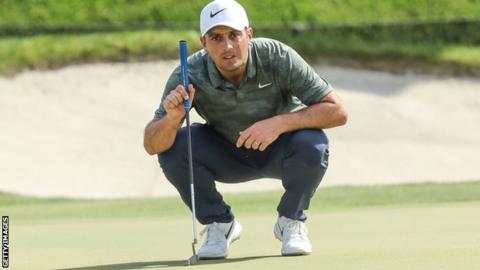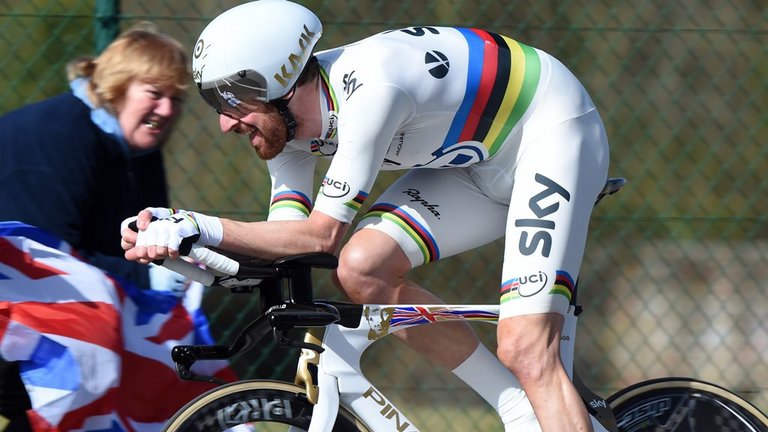Learn from Molinari’s Marginal Gains
Francesco Molinari’s final round 64 to win the Arnold Palmer Invitational was a brilliant performance from a top competitor. Molinari was not always as cool under pressure as he is right now. In fact his temperament was a little suspect to say the least back in the early 2000’s when he was known for missing short putts at crucial times.

Molinari has worked on every possible aspect of his game, looking for small improvements everywhere and anywhere. Together with Dave Alred, rugby international Johnny Wilkinson’s coach, he has transformed his game with something called the aggregation of marginal gains. This is a principal I first heard mentioned years ago.
British Cycling was the poor relation in the cycling world before Dave Brailsford was hired to put British Cycling on the map. What made him different from previous coaches was his relentless commitment to a strategy that he referred to as “the aggregation of marginal gains,” which was the philosophy of searching for a tiny margin of improvement in everything you do.
Brailsford said, “The whole principle came from the idea that if you broke down everything you could think of that goes into riding a bike, and then improve it by 1 percent, you will get a significant increase when you put them all together.” They looked at the tyre compounds of the bikes, the saddles were changed, the riders clothing was redesigned for better aerodynamics.
But they didn’t stop there. Brailsford and his team continued to find 1 percent improvements in overlooked and unexpected areas. They tested different types of massage gels to see which one led to the fastest muscle recovery. They hired a surgeon to teach each rider the best way to wash their hands to reduce the chances of catching a cold. They determined the type of pillow and mattress that led to the best night’s sleep for each rider. They even painted the inside of the team truck white, which helped them spot little bits of dust that would normally slip by unnoticed but could degrade the performance of the finely tuned bikes.

As these and hundreds of other small improvements accumulated, the results came faster than anyone could have imagined. 5 years after he took over GB dominated the 2008 and 2012 Olympics and GB produced it’s first Tour de France winners in Bradley Wiggens & Chris Froome.
Golf is a game of fine margins. When working to improve we often get frustrated if we do not see results quickly. This frustration can often mean we stop working believing that it is pointless. Be wary of this type of thinking.
Improving your driving could cut a shot off your handicap. That’s where most golfers look. Using a marginal gains approach makes you think differently. Improving your putting from inside 8 feet by practicing regularly at home on your carpet could cut two shots off and you don’t have to leave your house. That is just the start of it though.
Our physical body makes the swing but the mind orchestrates it all. Developing your ability to remain cool headed and make the right decisions on the golf course, dealing with setbacks and developing concentration rarely gets worked on. Don’t make that mistake.
If you are stuck in a rut with your swing changes then perhaps you could look into other areas to improve.
Think about what a 1 percent improvement in fitness, flexibility, nutrition, hydration and self awareness would do for your game.
This is where marginal gains add up to big success. Just ask Francesco Molinari.
Related Article

